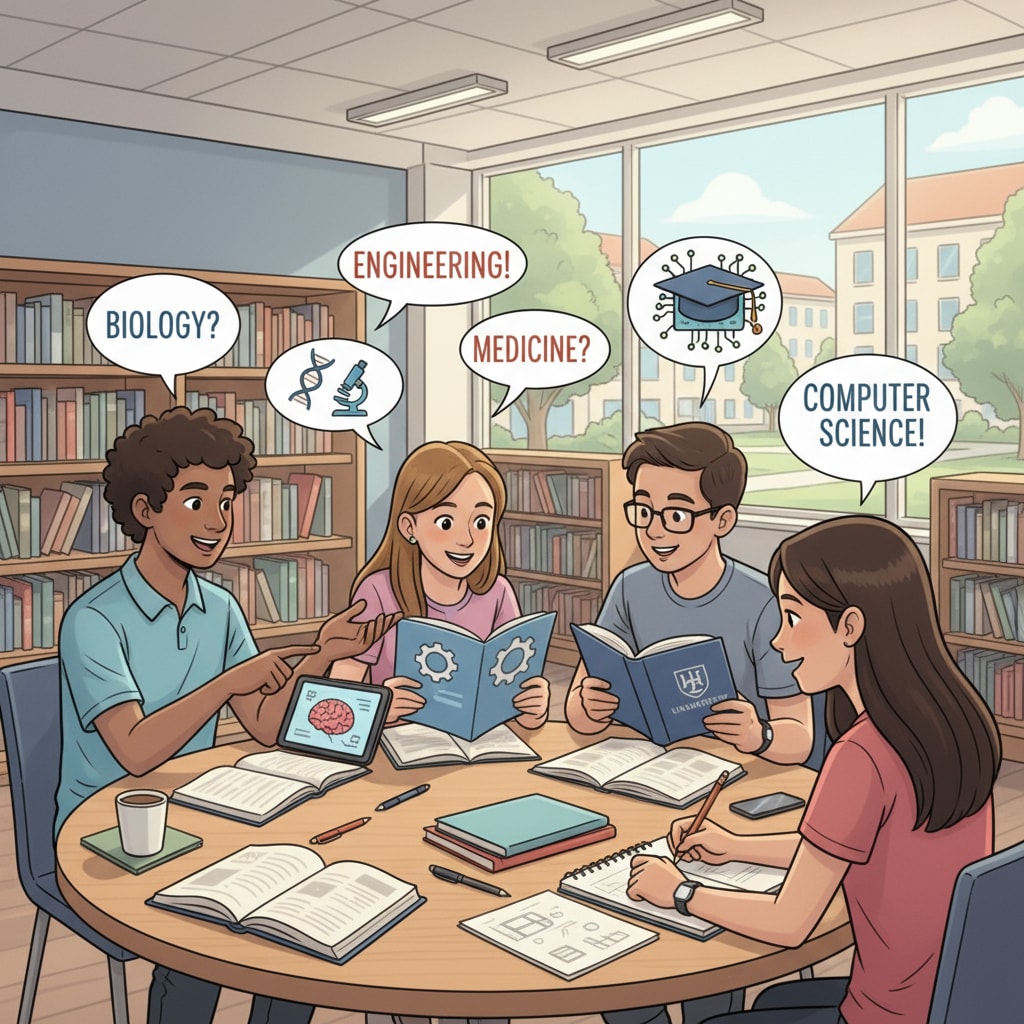University education, major selection, and academic planning are significant aspects that high school students need to consider carefully as they approach the threshold of adulthood. These elements form the foundation for their future careers and personal growth. As they stand on the cusp of this important transition, a comprehensive understanding of these areas can help them make well-informed decisions.

Understanding University Education
University education is not just about attending classes and earning a degree. It’s a holistic experience that broadens one’s knowledge, enhances critical thinking skills, and fosters personal development. Different universities offer diverse educational models, from liberal arts colleges that emphasize a well-rounded education to research-intensive institutions that focus on in-depth study in specific fields. For example, Harvard University is renowned for its research contributions and a wide range of academic programs. Students should research and understand these differences to find the best fit for their learning styles and long-term goals.

The Art of Major Selection
Selecting the right major is a pivotal decision. It should align with a student’s interests, skills, and career aspirations. High school students can start by reflecting on their passions, whether it’s science, humanities, or business. They can also take career assessment tests to identify their strengths and preferences. Additionally, exploring internships or part-time jobs in various fields can provide hands-on experience. For instance, if a student is interested in computer science, interning at a tech startup can give them a taste of the industry. Career counseling services are also available to guide students through this process.
Once they have a general idea of their interests, students should research the job prospects and salary potential of different majors. Some majors may offer more immediate job opportunities, while others may require further education. By considering these factors, students can make a more informed choice about their major.
Readability guidance: Keep paragraphs short and focused. Use lists to present information clearly. For example, when discussing major selection, list different ways students can explore their interests. Also, use transition words like ‘however’ and ‘therefore’ to make the text flow smoothly.
Formulating an Academic Plan
An academic plan serves as a roadmap for a student’s university journey. It includes course selection, study schedules, and extracurricular activities. High school students can start by looking at the curriculum requirements of their desired majors. They should plan to take relevant high school courses to build a solid foundation. For example, if a student wants to major in engineering, taking advanced math and science courses in high school is essential.
During their university years, students should also consider participating in extracurricular activities such as clubs, research projects, or volunteer work. These activities not only enhance their skills but also make them more competitive in the job market. By creating a well-structured academic plan, students can make the most of their university education and be better prepared for their future careers.
In conclusion, university education, major selection, and academic planning are intertwined aspects that high school students must navigate carefully. By understanding these elements and taking proactive steps, they can set themselves on a path to success. With the right choices and a clear plan, they can look forward to a fulfilling academic and professional life.


